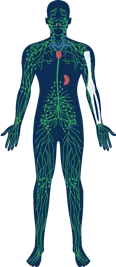- Home
- Browse by Disease
- Eosinophilic gastroenteritis
Eosinophilic gastroenteritis
- Other Names:
ege; eosinophilic enteritis; eosinophilic enteropathy; eosinophilic gastroenterocolitis; eosinophilic gastroenteropathy; eosinophilic gastrointestinal disorders; gastrointestinal eosinophilia; gi eosinophiliaege; eosinophilic enteritis; eosinophilic enteropathy; eosinophilic gastroenterocolitis; eosinophilic gastroenteropathy; eosinophilic gastrointestinal disorders; gastrointestinal eosinophilia; gi eosinophilia
Read More
Read Less









